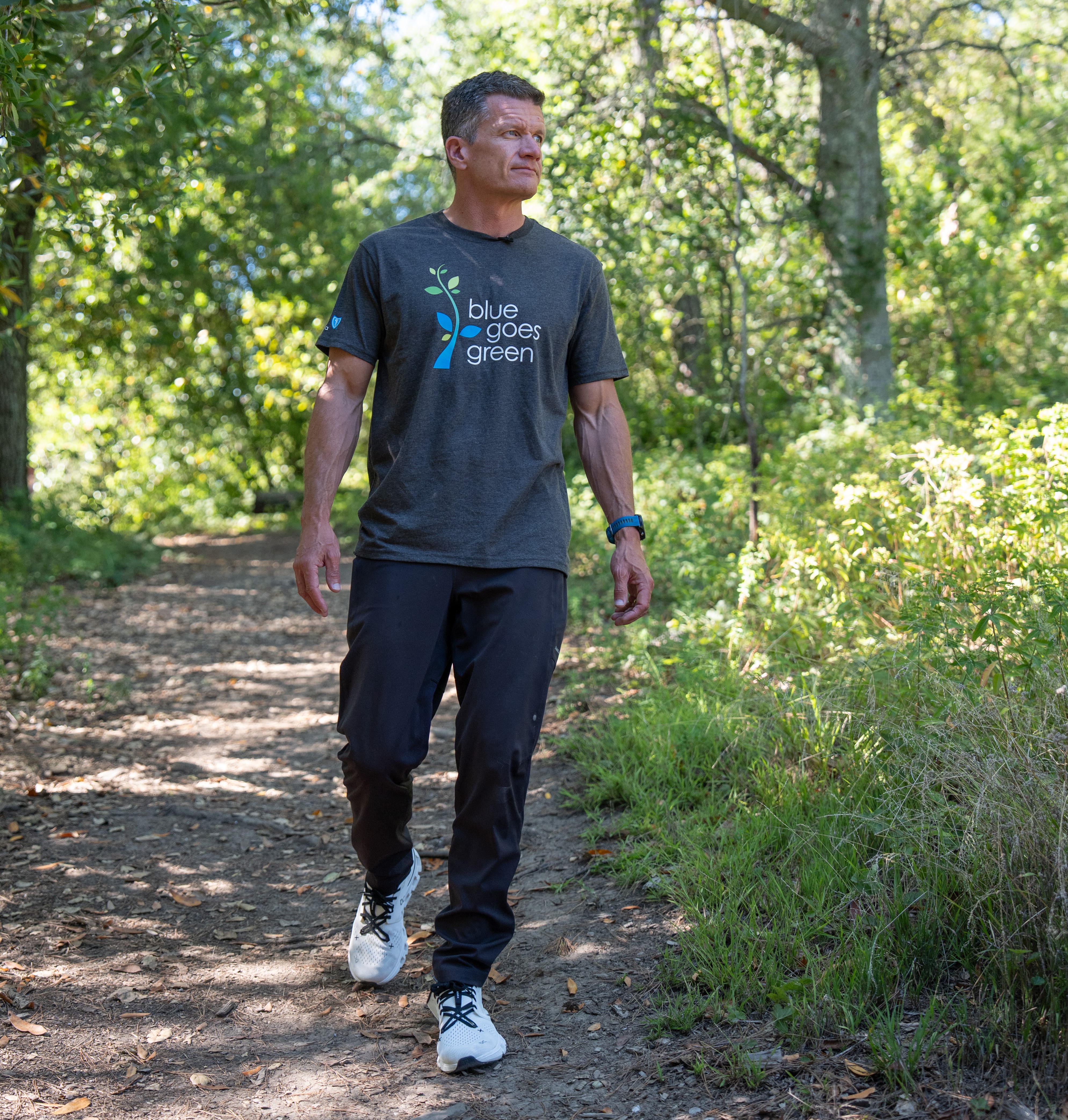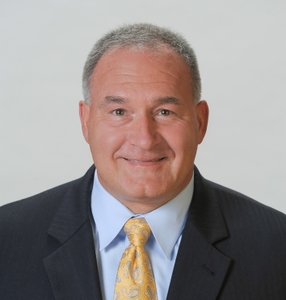by Laine Himmelmann

Mike Stuart, president and CEO, Blue Shield of California
Each day, 90 American men take their own lives. On average, men die six years earlier than women across the world. One in eight men will be diagnosed with prostate cancer in their lifetime. Each day, one American man will die from testicular cancer.
These sobering stats from the Movember foundation highlight the growing and urgent need to prioritize men’s health.
Each November, the Movember movement encourages people to grow mustaches or take on creative challenges such as the “Move for Mental Health” — all in the interest of raising awareness about men’s health.
“At Blue Shield, our mission is clear: to make high-quality, affordable care accessible to every Californian. This November, we’re proud to partner with Movember to advance men’s health through awareness, prevention and early intervention,” said Mike Stuart, president and chief executive officer at Blue Shield of California. “Closing care gaps, challenging stigma and advocating for healthier futures is how we live our mission out loud. Better health outcomes start with awareness and action, and together we can change the trajectory and the conversation around men’s health.”
Dr. Scott Flinn, regional medical director for Blue Shield of California Promise Health Plan, agrees that Movember is a global call to action to confront the often-overlooked health crises men face, from cancer to mental health. “Taking ownership of your health improves both your length and quality of life,” said Dr. Flinn. “Avoiding care doesn’t make you stronger — it makes you vulnerable.”

Dr. Scott Flinn, Blue Shield of California
Dr. Flinn shares his guidance on what’s most important in men’s preventive care to prioritize their health.
Get screened regularly
- Colorectal cancer: Begin screening at age 45 — or earlier if you’re high-risk. Colonoscopies can detect precancerous polyps early. Newer options include at-home stool kits and emerging blood tests. Talk to your doctor about what’s right for you.
- Prostate cancer: Prostate-specific antigen (PSA) blood tests should start around age 55, or earlier if there’s a family history. Risk factors include age, race and genetics, making early detection essential.
4 tips to maintain a healthy lifestyle
- Exercise regularly. Aim for 150 minutes of moderate activity per week, plus strength training twice weekly. Exercise isn’t just for physical health — it’s one of the most powerful tools for mental well-being.
- Eat a balanced diet, limit alcohol and avoid smoking. Focus on fruits, vegetables, lean proteins, whole grains and healthy fats. Reducing alcohol intake and avoiding tobacco can significantly improve both physical and mental health.
- Stay connected and manage stress. Meaningful connection is one of the strongest protectors against mental health challenges. Make time for regular catchups with friends or family. Even a quick check-in with someone you haven’t heard from in a while can benefit both of you. Mindfulness, hobbies and daily walks can also help reduce chronic stress.
- Be mindful of digital habits. The recent BlueSky Youth Mental Health Survey revealed that 94% of Gen Z youth report experiencing regular mental health challenges, with 60% of young men saying social media negatively impacts their body image. Regardless of your age, setting boundaries and taking breaks from social media can support a healthier mindset.
“Cultural norms often discourage men from seeking help, but prioritizing health is a sign of strength.” said Dr. Flinn. “We need to normalize conversations around men’s health because it’s not just about living longer — it’s about living better.”
Dr. Flinn added, “It’s not just about prioritizing your health for you, but for your loved ones.”
Blue Shield resources
Visit Blue Shield’s lifestyle medicine platform, Wellvolution, available at no cost to most Blue Shield members, to learn more about available programs that can support your health, including:
- Smoking cessation
- Blood pressure management
- Mental health support (Headspace)
- Heart disease reversal (Ornish Lifestyle Medicine)

